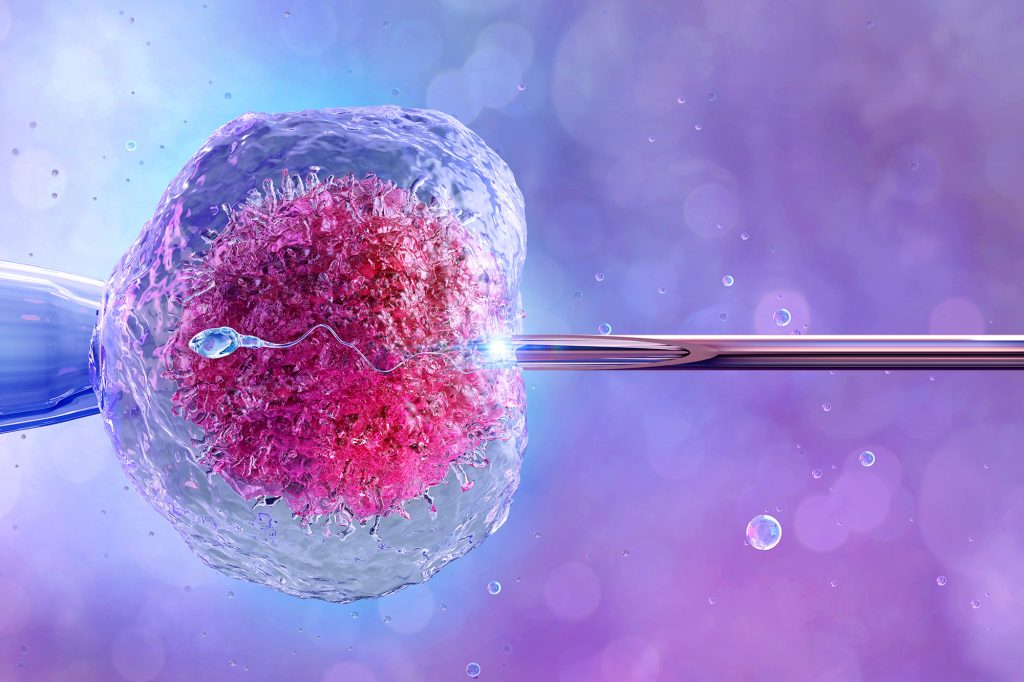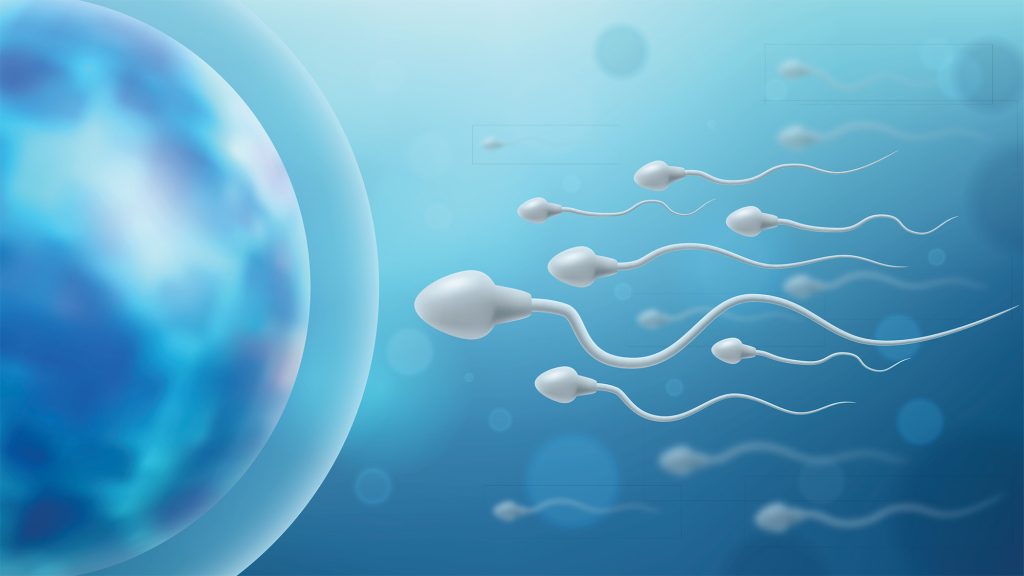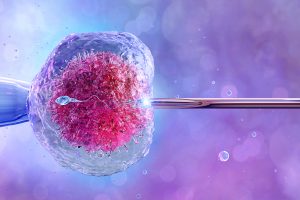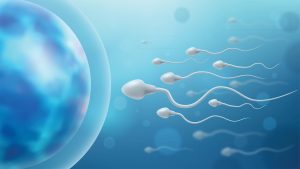Table of Contents
Understanding the Vasectomy Procedure
In order to answer the question ‘Does a vasectomy make you ejaculate less?’ it’s important to first understand the basics of vasectomy (the most effective form of male birth control).
How a vasectomy works
A vasectomy is a permanent method of male birth control that involves severing or blocking the vas deferens, the tubes that carry sperm. This prevents sperm cells from being released during ejaculation, eliminating the chance of getting a partner pregnant. Sperm production continues, but sperm die and are absorbed by the body.
Types of vasectomy: Conventional vs. MSI No-scalpel
Conventional vasectomy involves making small incisions in the scrotum to access the vas deferens, while the MSI No-scalpel Open ended technique, uses a specialised instrument to puncture the skin. Both methods are effective for birth control, however, the MSI No-Scalpel technique reduces pain and recovery time.
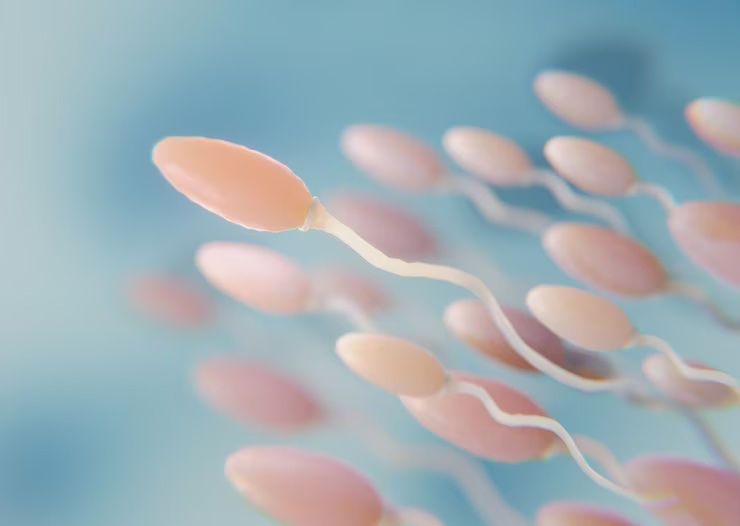
Debunking Vasectomy Myths
There are a number of common misconceptions surrounding vasectomy and its impact on sexual performance, hormonal balance, and overall health. Let’s separate fact from fiction to better understand this birth control option.
Vasectomy and sexual performance
A vasectomy has no negative impact on your sexual satisfaction, performance or testosterone production. Men can continue to enjoy a healthy sex life and maintain the same level of sexual activity as before the procedure.
Vasectomy and hormonal changes
Since vasectomies do not affect testosterone production, hormonal changes are minimal. Men can expect their sex drive and sexual function to remain unchanged following the procedure.
The Impact of Vasectomy on Ejaculation
So now you know that vasectomy doesn’t affect levels of testosterone or sexual function, the next question is whether or not it has any effect on ejaculation.
Semen composition before and after vasectomy
After a vasectomy, the ejaculate volume remains largely the same, as sperm cells contribute only a small percentage to the overall semen content. It may take several months to clear any remaining sperm from the reproductive system.
Factors affecting semen volume
Semen volume can vary due to factors unrelated to a vasectomy, such as age, hydration, and frequency of sexual activity. It’s essential to remember that a vasectomy only affects sperm count and not ejaculate volume.
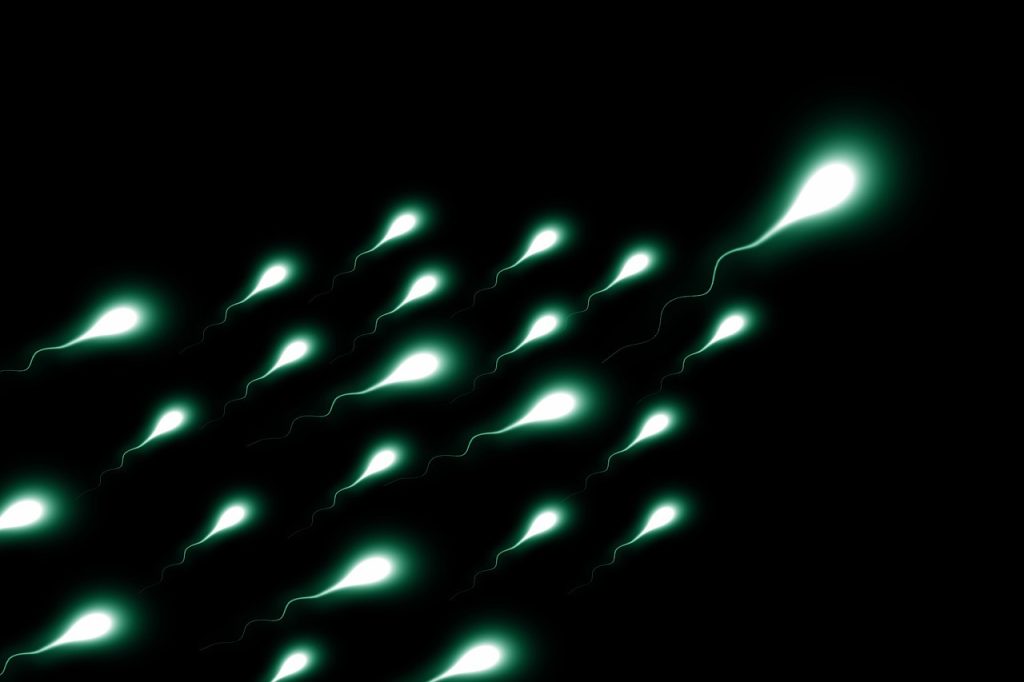
Post-Vasectomy Recovery
Before you have your vasectomy it’s important that you’re aware of your recovery timeline, from when you can resume sexual activity, to managing expectations and ensuring a smooth return to your sex life.
Recovery timeline and expectations
Recovery from a vasectomy typically takes a few days to a few weeks. Men are advised to refrain from sexual activity for the first week to avoid complications and ensure proper healing.
Resuming sexual activity after vasectomy
Men can usually resume sexual activity within a week after the procedure, but it is crucial to use an alternative form of birth control until a follow-up sperm count confirms the absence of sperm in the ejaculate.



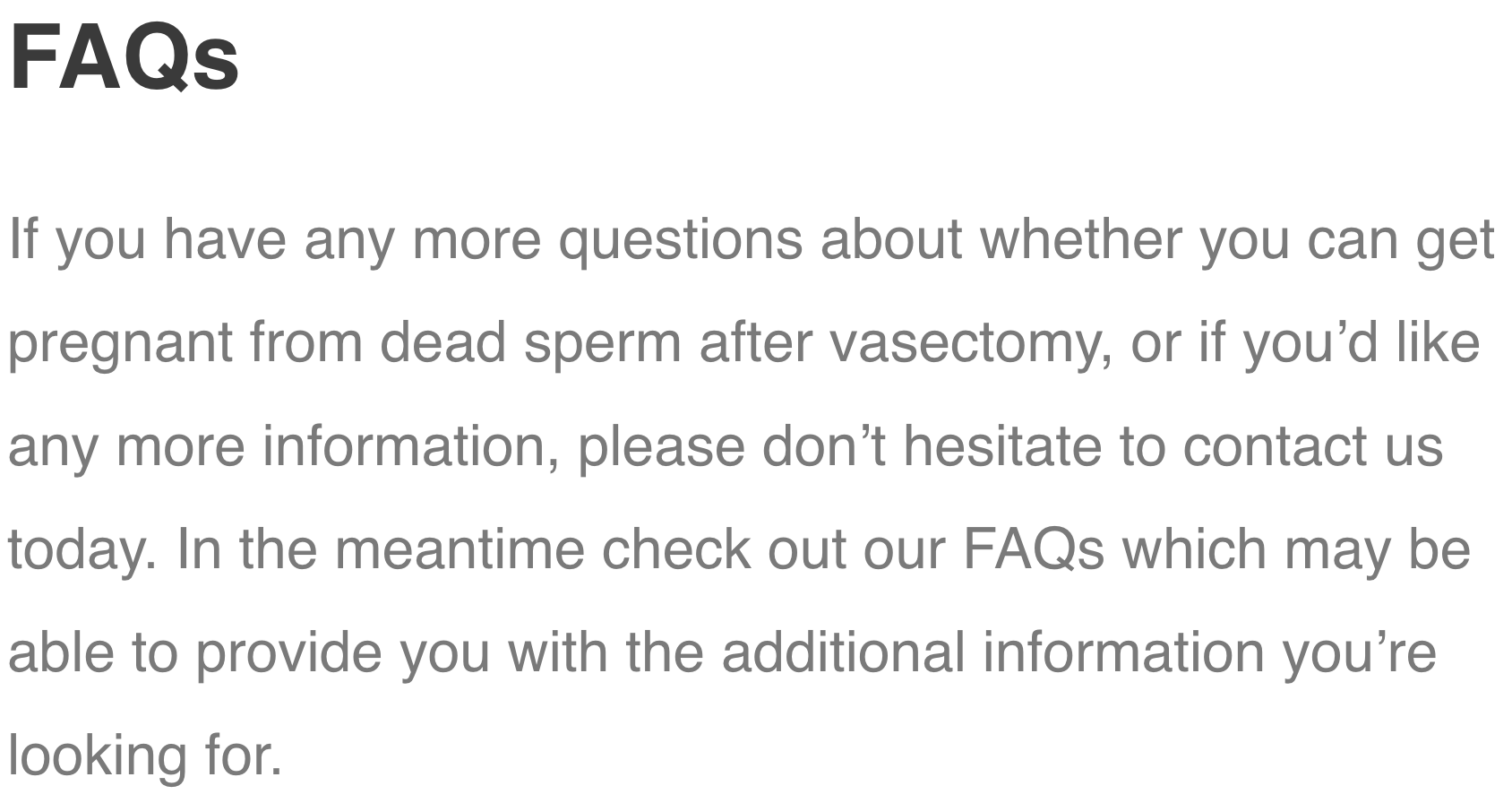
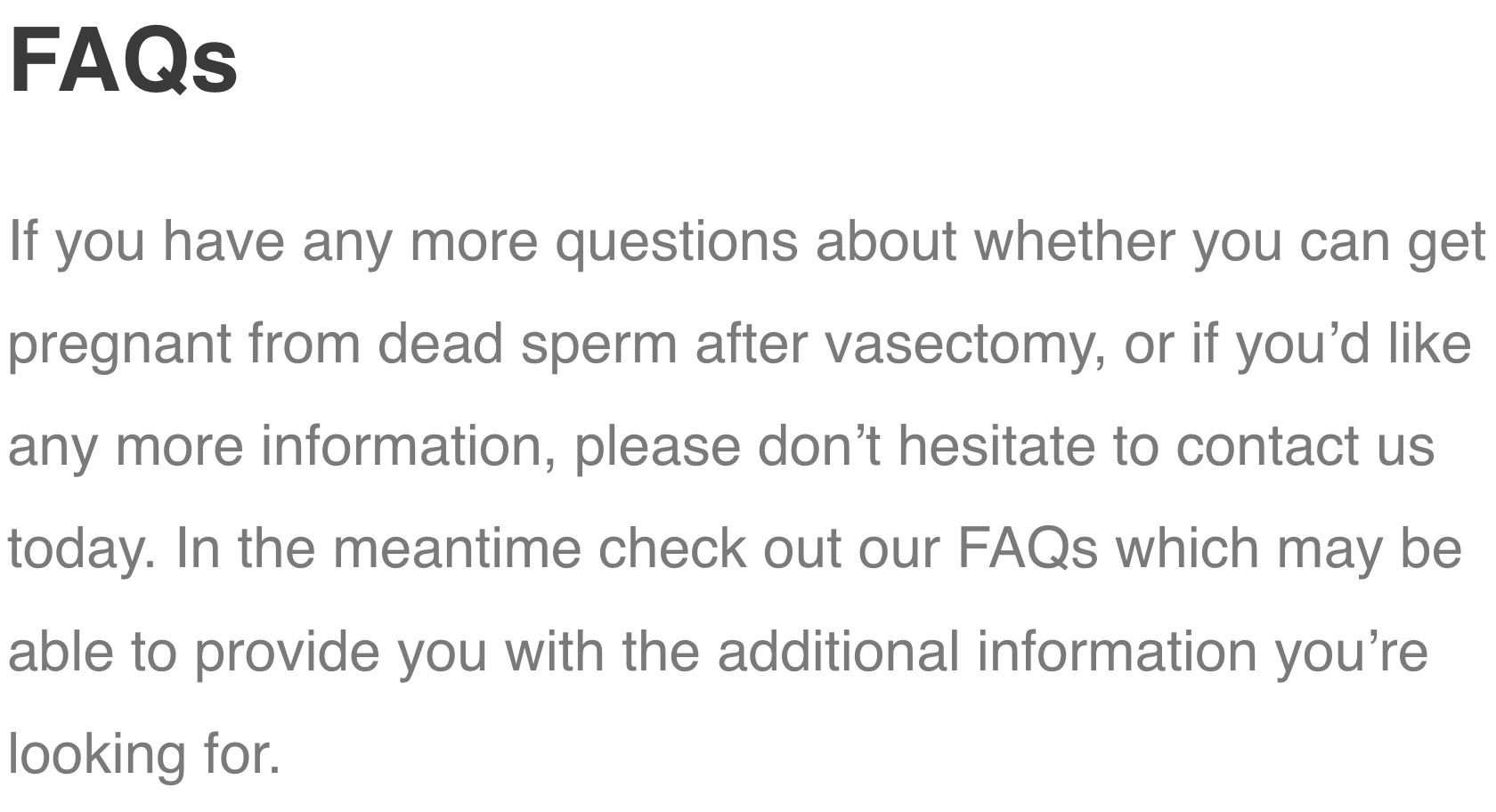

Do balls feel full after a vasectomy?
After a vasectomy, most men do not experience any sensation of fullness in their testicles. The sperm produced by the testicles are now absorbed by the body. Any feelings of fullness or discomfort are usually temporary and resolve as the body heals from the surgery.
How does a vasectomy affect ejaculation?
A vasectomy has minimal impact on ejaculation. The primary difference is the absence of sperm in the ejaculate, rendering the man sterile. The overall volume, consistency, and appearance of the semen remain largely unchanged, as sperm constitutes a small fraction of the total ejaculate.
Is it normal to experience loss of desire after a vasectomy?
Loss of sexual desire after a vasectomy is generally not a direct result of the procedure itself. A vasectomy does not affect testosterone production or sex drive. However, some men may experience temporary anxiety or psychological factors that could contribute to a decreased desire for sex. This usually resolves with time as men adjust to the changes.
Are there any risks or side effects associated with a vasectomy procedure?
Although vasectomies are generally considered safe, there are potential risks and side effects associated with the procedure. Like any surgical procedure, infection is a possibility, as is bleeding or blood clot formation in the scrotum. In rare cases, some men may experience chronic scrotal pain or post-vasectomy pain syndrome.
What happens to sperm after a vasectomy?
After a vasectomy, the testicles continue to produce sperm, but the sperm cannot travel through the vas deferens. Instead, the sperm is absorbed by the body. This process is natural and does not cause any harm or discomfort.
How soon can I have sex after a vasectomy?
Will ejaculation feel different after a vasectomy?
Ejaculation generally feels the same after vasectomy as it did before the procedure. Since sperm make up only a small portion of the ejaculate, the overall volume, consistency, and sensation of ejaculation remain largely unchanged. Any differences in sensation are typically temporary and related to the healing process following the surgery.







